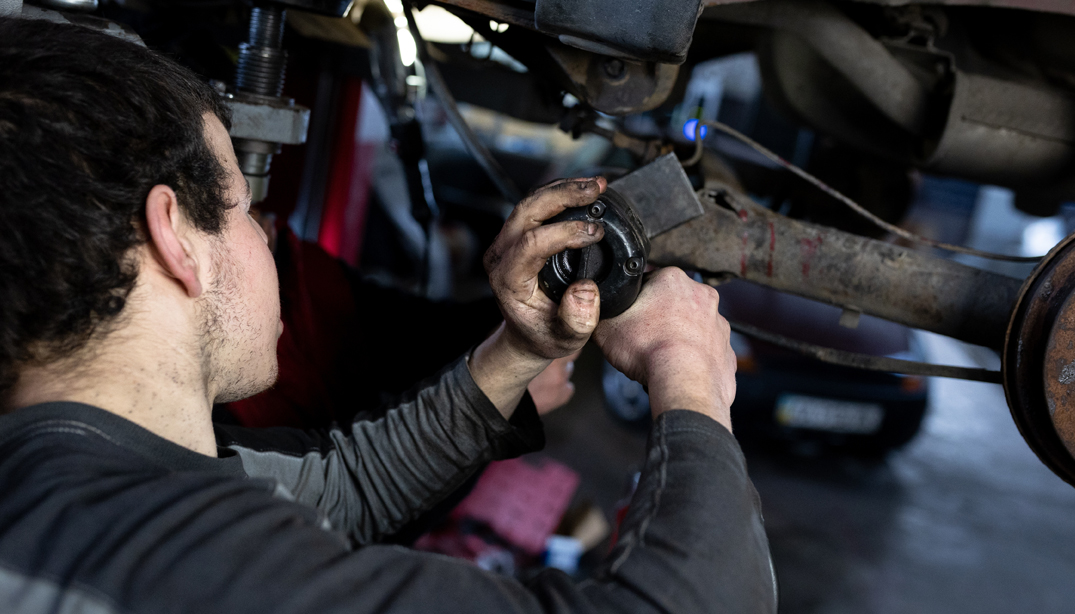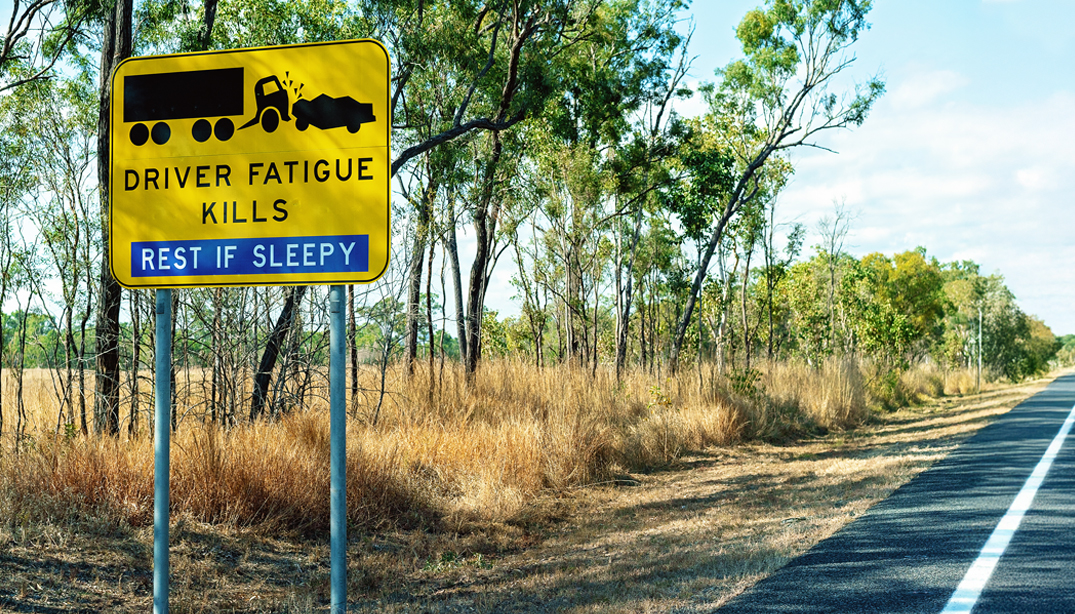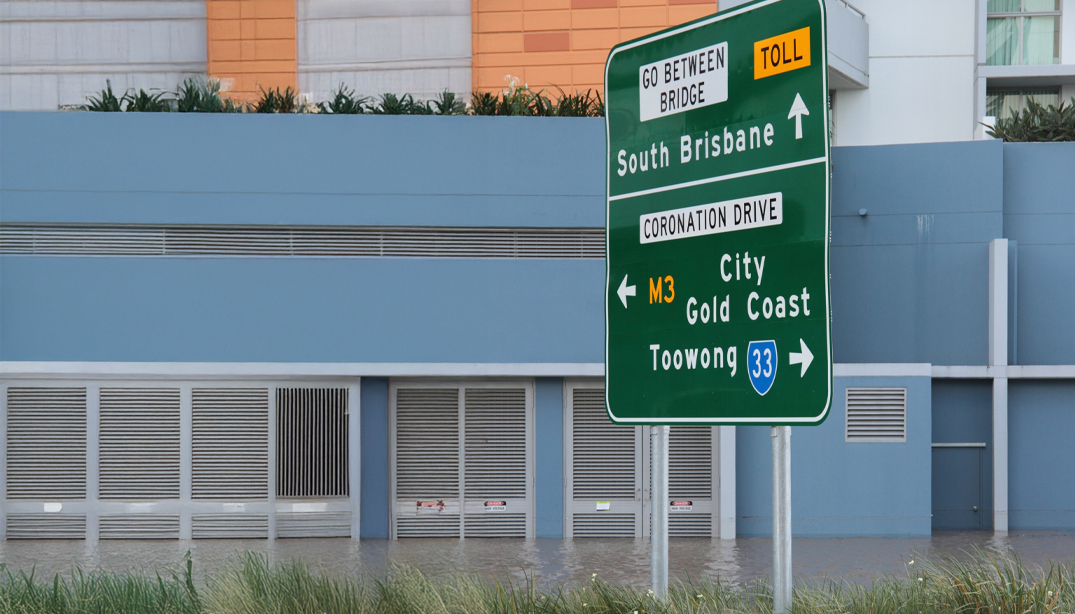The style and functionality of motor vehicles has evolved significantly over the years. Advances in technology have enabled such change; population growth, demand on our roads and consumer expectations have necessitated it.
The future of personal transportation is happening now, with more advancements occurring daily. As part of this we are seeing new trends in vehicle ownership, use, and insurance requirements.
To stay relevant, vehicle manufacturers, car rental and fleet mobility companies, digital providers, insurance companies and brokers need to move with these changes.
To stand out, you need to stay one step ahead.
Back to the future of personal transportation
Remember shows like the Jetsons or Sci-Fi programs in the 80s where the characters drove flying cars? More recently fictional programs have featured fully autonomous smart vehicles that function via voice command.
Today, as fiction rapidly approaches reality, we should acknowledge the significant advancements in our motoring experience. We should also use this experience as a lens to predict and prepare for what is to come; to guide the way we shape motor vehicle and related organisations to ensure relevance in the future.
Thirty years ago, motor vehicles had basic engines fuelled by leaded petrol; with bench seats, no air-conditioning, no electronics, no real safety features - not even a seat belt. A GPS was the hard-copy road directory – one for each capital city.
In comparison, many of today’s cars have a highly sophisticated engine for maximum driving efficiency, and a range of comfort, navigation, communication and safety features. The first iterations of autonomous driving is now a reality.
How and why are these changes possible?
Technology:
Technological advancement along with demand for more sustainable transportation is accelerating momentous changes in personal motoring.
Innovative technology is making possible the creation of sophisticated features that assist our driving behaviour, improve safety, and enhance sustainability and the on-road experience as a whole.
The shift from traditional motors to electric and hydrogen has begun, with many manufacturers already making the move to the production of electric vehicles.
In the not so distant future personal modes of transport powered by petrol will likely become obsolete; replaced entirely by electric and hydrogen models.
Vehicle technology will continue to develop into the future until we eventually gravitate to using fully autonomous vehicles.
Behavioural change:
From a behavioural perspective, these changes may also shape the way we think about our usage and ownership of motor vehicles. An example is the adoption of the sharing economy in the motor vehicle space, with the emergence of peer to peer (P2P) and ride share platforms, which alleviate the need for vehicle ownership and encourage the sharing of assets.
Many fleet, rental and motor dealership businesses are capitalising on this behavioural shift by offering vehicle subscription models as an alternative to outright ownership. In these models the subscriber pays a subscription fee which covers:
- permanent access to the vehicle
- registration
- servicing
- insurance
- flexibility to return the vehicle if it is not needed.
Economic impacts:
Technological and behavioural changes are leading to significant economic disruption in our traditional markets and creating significant opportunities for those who have the foresight to adapt.
A topical example is the way motor vehicle distribution is changing as a result of COVID. New lending requirements have made it difficult for many businesses and consumers to obtain finance to purchase vehicles. In the long-run this may ultimately accelerate the move to subscription as a form of motor vehicle usage.
What do these changes mean?
From a consumer perspective:
People are already becoming more comfortable with the idea of renting or sharing assets rather than owning them, so it seems it will be a natural evolution that when it comes to purchasing a vehicle versus subscribing, the option to subscribe/share/pay-as-you-go is likely to become increasingly more common.
Analysts predict that the move away from vehicle ownership to subscription or Peer 2 Peer rental/sharing will significantly increase in the ensuing five years.
As this evolution occurs, personal vehicle ownerships will become obsolete, and market value will be significantly reduced based on the following factors:
- improvements in technology
- a rapid change in the way vehicles are powered eg: the emergence of electric vehicles
- changes in legislation that enable new technology or power sources to accelerate in market.
The move from the traditional ownership model to subscription or sharing may be the most feasible means to protecting against this potential economic risk.
It could also be a sustainable way to experience the journey of technological change - by upgrading vehicles through a subscription service - through to when we arrive at autonomous vehicles.
As consumers move to such a model, they should expect their service providers to:
- appropriately protect their legal interests for usage of the vehicle
- have robust processes that are transparent and fair
- use technologies and platforms that would be easy to use, have full digital capacity and enable a seamless service even if I was unfortunate enough to damage the vehicle.
From a business perspective:
At Insuret we work closely with our customers to ensure they develop robust business models and processes that conform to legislative requirements. Our experience and knowledge allows us to assist organisations to develop business models that can be supported by appropriate insurance, claims management solutions and platforms that also align to legislative requirements.
As an Insurance agency that specialises in the rental, subscription, rideshare & P2P market, we are seeing accelerated growth of these business models. Insuret foresees these new models of business increasing in scale, disrupting traditional ownership and the economies that support it.
To meet this imminent growth, Insuret continues to innovate and develop platforms that will enable our customers to deliver seamless and scalable back-end services using digital technologies that:
- give the consumer digital means to report and provide evidence to an accident
- shorten the life cycle of a claim through automation of processes and workflows
- improve the service delivery to all parties involved in a loss.
Advances in vehicle technology and societal growth will continue to create significant change to the ways in which we use our vehicles, and our expectations in terms of vehicle features, ownership, sustainability, personal liability and more. The rise of electric and hydrogen powered vehicles and the evolution from the semi-autonomous features we already enjoy, through to the fully-autonomous vehicles of the not so distant future will give rise to changes in consumer behaviour, ownership, responsibility, liability and the way insurance is purchased.
Are you ready? Insuret is. Contact us today to find out how we can help you stay ahead of the curve.






